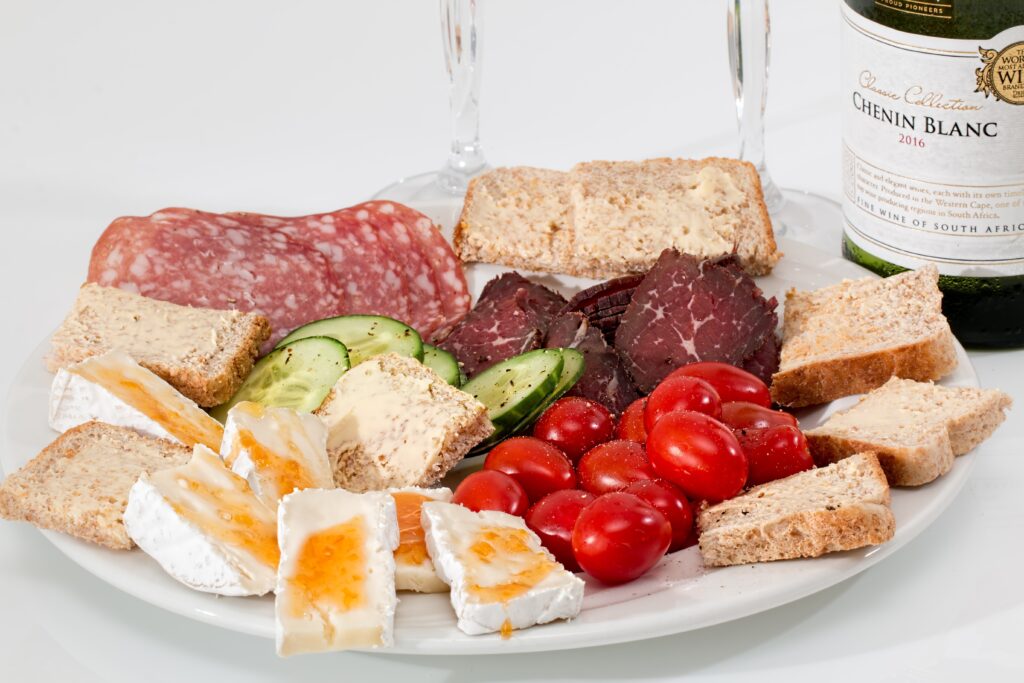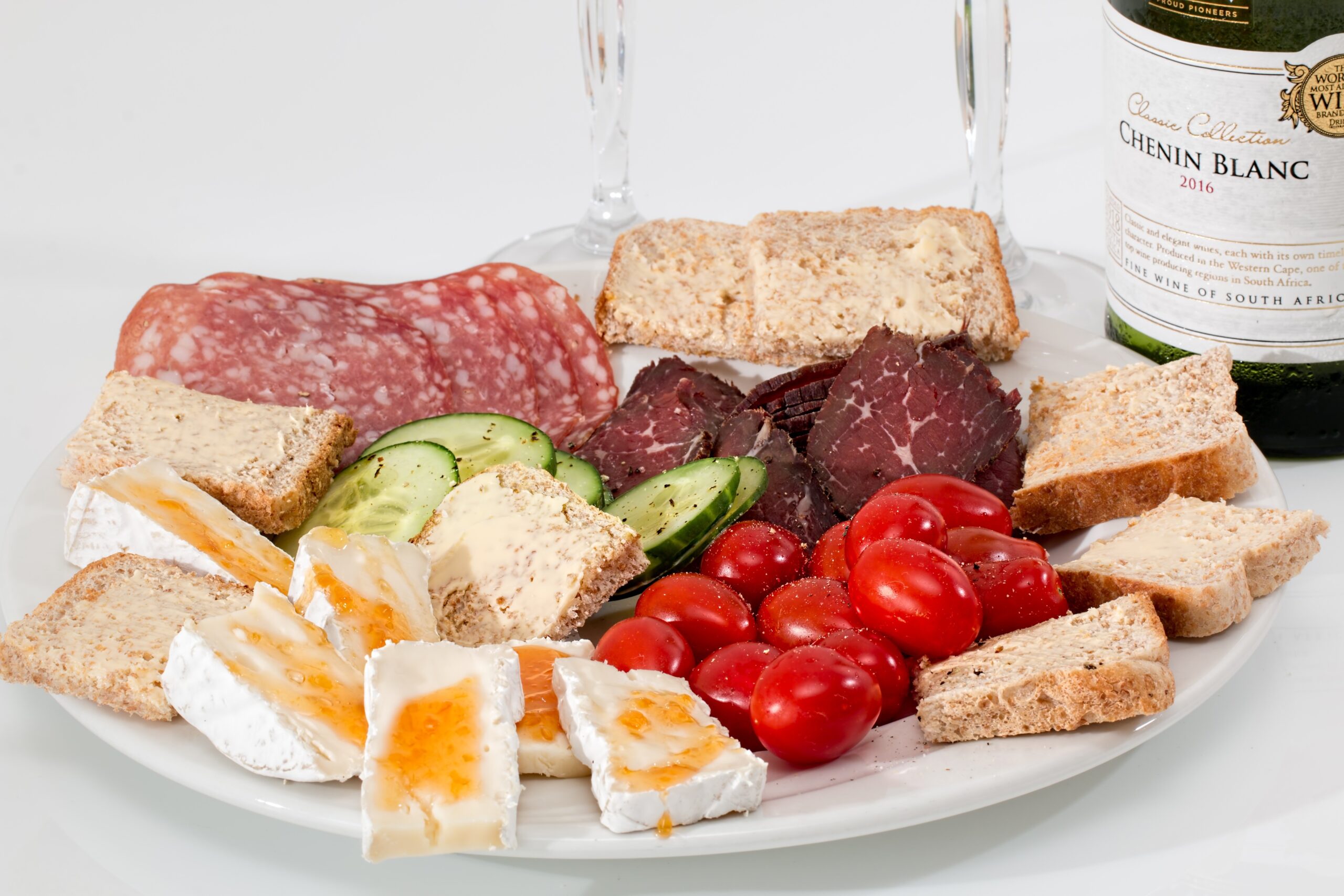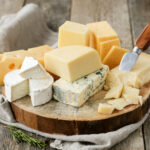
Overview
When it comes to losing weight, the foods you choose to include in your diet make all the difference. Some foods are packed with nutrients that help you burn fat, while others can hinder your progress. The right fat-fighting foods not only help you shed pounds but also improve your overall health by providing essential nutrients. This article will explore the best fat-fighting foods, how they work, and tips on incorporating them into your daily diet for optimal results.
The Science Behind Fat-Fighting Foods
Fat-fighting foods are those that help burn fat, reduce calorie intake, or speed up your metabolism. Most of these foods are rich in fiber, protein, or healthy fats, which promote feelings of fullness and improve digestion. Additionally, they often contain compounds that can improve how your body uses energy or breaks down fat.
For example, fiber-rich foods keep you feeling full longer and help prevent overeating, while protein requires more energy for the body to break down, boosting your metabolism. Many fat-fighting foods are also low in calories, allowing you to eat satisfying portions without consuming too many calories.
Top Fat-Fighting Foods to Include in Your Diet
1. Leafy Greens

Leafy greens like spinach, kale, and collard greens are excellent fat-fighting foods. They are low in calories but high in fiber, vitamins, and minerals that support metabolism and fat burning. Additionally, leafy greens contain calcium, which has been linked to increased fat burning.
- How to Include in Your Diet: Add leafy greens to salads, smoothies, and soups for a quick nutrient boost.
2. Lean Proteins
Lean protein sources like chicken breast, turkey, fish, and tofu are essential for weight loss. Protein boosts metabolism, reduces appetite, and helps preserve muscle mass while losing fat. Choosing lean proteins ensures that you get the benefits of protein without the excess saturated fats.
- How to Include in Your Diet: Grill or bake chicken breast for a healthy meal, or add tofu to stir-fries and salads
Related :15 best foods for weight loss
3. Whole Grains
Whole grains, such as oats, quinoa, and brown rice, are packed with fiber and complex carbohydrates. These grains take longer to digest, keeping you full for longer periods and preventing overeating. Whole grains also help stabilize blood sugar levels, preventing cravings for unhealthy snacks.
- How to Include in Your Diet: Start your day with a bowl of oatmeal topped with fruits and nuts, or use quinoa as a base for salads and side dishes.
4. Berries
Berries, including blueberries, raspberries, and strawberries, are low in calories but high in fiber and antioxidants. The natural sugars in berries don’t cause blood sugar spikes like processed sugars do, making them an excellent choice for curbing sweet cravings without overeating.
- How to Include in Your Diet: Add berries to yogurt, smoothies, or salads for a sweet yet healthy snack.
5. Nuts and Seeds

Nuts and seeds, such as almonds, walnuts, chia seeds, and flaxseeds, are rich in healthy fats, fiber, and protein. These foods provide sustained energy and help control hunger, making them excellent for snacking. Studies show that regular nut consumption is linked to improved weight loss and weight maintenance.
- How to Include in Your Diet: Snack on a handful of almonds or walnuts between meals, or sprinkle chia seeds on smoothies and oatmeal for added nutrition.
6. Green Tea

Green tea is well-known for its fat-burning properties. It contains catechins, a type of antioxidant that can help boost metabolism and increase the burning of fat, especially in the abdominal area. Drinking green tea regularly can lead to a reduction in body fat over time.
- How to Include in Your Diet: Drink 2-3 cups of green tea throughout the day to promote fat burning.
7. Avocados
Avocados are rich in healthy monounsaturated fats, which help reduce inflammation and promote fat loss. These fats also help regulate hormones responsible for hunger, making it easier to control your appetite.
- How to Include in Your Diet: Add avocado slices to salads, sandwiches, or smoothies for a healthy source of fat.
How to Incorporate Fat-Fighting Foods Into Your Daily Diet
Related: 14 foods that help fight fat effectively
Incorporating fat-fighting foods into your diet is easier than you might think. Here are some tips on how to make them part of your daily meals:
Breakfast
- Start your day with a smoothie made from spinach, berries, and a scoop of protein powder. Add chia seeds for an extra fiber boost.
- Enjoy a bowl of oatmeal topped with fresh berries, a handful of nuts, and a drizzle of honey.
Lunch
- Prepare a salad using kale, grilled chicken breast, avocado, and a sprinkle of flaxseeds. Use olive oil and lemon as a healthy dressing.
- Opt for a quinoa bowl with lean turkey, leafy greens, and roasted vegetables for a nutrient-rich lunch.
Dinner
- Grill a piece of salmon and serve it with a side of steamed spinach and brown rice for a balanced, fat-fighting meal.
- Make a tofu stir-fry with broccoli, carrots, and whole-grain noodles for a filling, protein-packed dinner.
Snacks
- Munch on a handful of almonds or walnuts when hunger strikes between meals.
- Drink green tea throughout the day to keep your metabolism running strong.
Tips for Boosting Fat Loss
While incorporating fat-fighting foods is essential, there are other strategies you can use to maximize fat loss:
- Stay Hydrated: Drinking water throughout the day helps boost metabolism and prevents overeating. Sometimes thirst can be mistaken for hunger, so staying hydrated can reduce unnecessary snacking.
- Exercise Regularly: Combining a balanced diet with regular exercise, especially strength training and cardio, can speed up fat loss and help you maintain a healthy weight.
- Get Enough Sleep: Lack of sleep can disrupt hunger hormones and lead to weight gain. Aim for 7-8 hours of sleep per night to support your weight loss efforts.
- Limit Processed Foods: Processed foods are often high in unhealthy fats, sugars, and calories. Reducing processed food intake can help you lose weight more effectively.
The Takeaway
Fat-fighting foods are powerful allies in your weight loss journey. From leafy greens to lean proteins, these foods not only help you burn fat but also provide essential nutrients that support overall health. By incorporating these foods into your daily meals and pairing them with healthy lifestyle habits, you’ll be well on your way to achieving and maintaining a healthy weight.
Remember, the key to successful weight loss is consistency. Focus on making small, sustainable changes to your diet, and over time, these choices will lead to lasting results
Frequently Asked Questions
- What are fat-fighting foods?
Fat-fighting foods are those that help burn fat, boost metabolism, and control appetite. They are often rich in fiber, protein, and healthy fats, which keep you full longer and improve digestion. Examples include leafy greens, lean proteins, and whole grains. - How do fat-fighting foods help with weight loss?
Fat-fighting foods support weight loss by promoting satiety (feeling full), enhancing metabolism, and providing essential nutrients. These foods are typically low in calories but high in nutrients that improve how the body burns fat. - Can eating fat-fighting foods alone help me lose weight?
While fat-fighting foods play a significant role in weight loss, they should be combined with regular physical activity and other healthy lifestyle choices, such as staying hydrated and getting enough sleep, to achieve optimal results. - How often should I eat fat-fighting foods?
To maximize their benefits, fat-fighting foods should be included in every meal. Incorporating a variety of these foods into your daily diet ensures that you get the nutrients needed to support fat burning and overall health. - Is it necessary to eliminate fats to lose weight?
No, not all fats are bad. Healthy fats, such as those found in avocados, nuts, and seeds, are essential for overall health and can help with weight loss. It’s important to limit unhealthy fats like trans fats and saturated fats, which can lead to weight gain. - Can I eat fat-fighting foods if I have dietary restrictions?
Yes, fat-fighting foods come in many forms and can fit into various dietary needs, such as vegetarian, vegan, or gluten-free diets. For example, plant-based proteins like tofu and quinoa are excellent alternatives to meat, and leafy greens are naturally gluten-free.












